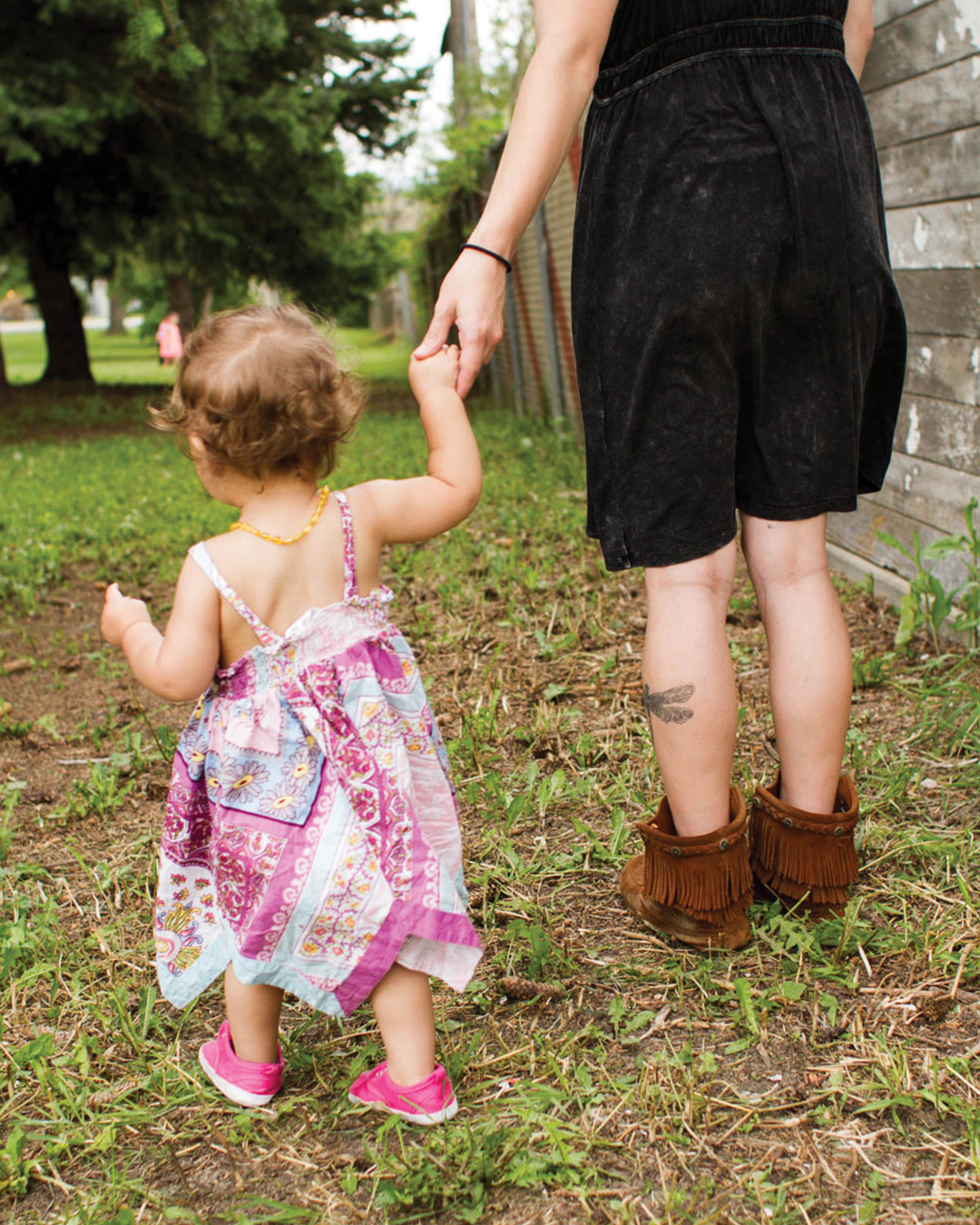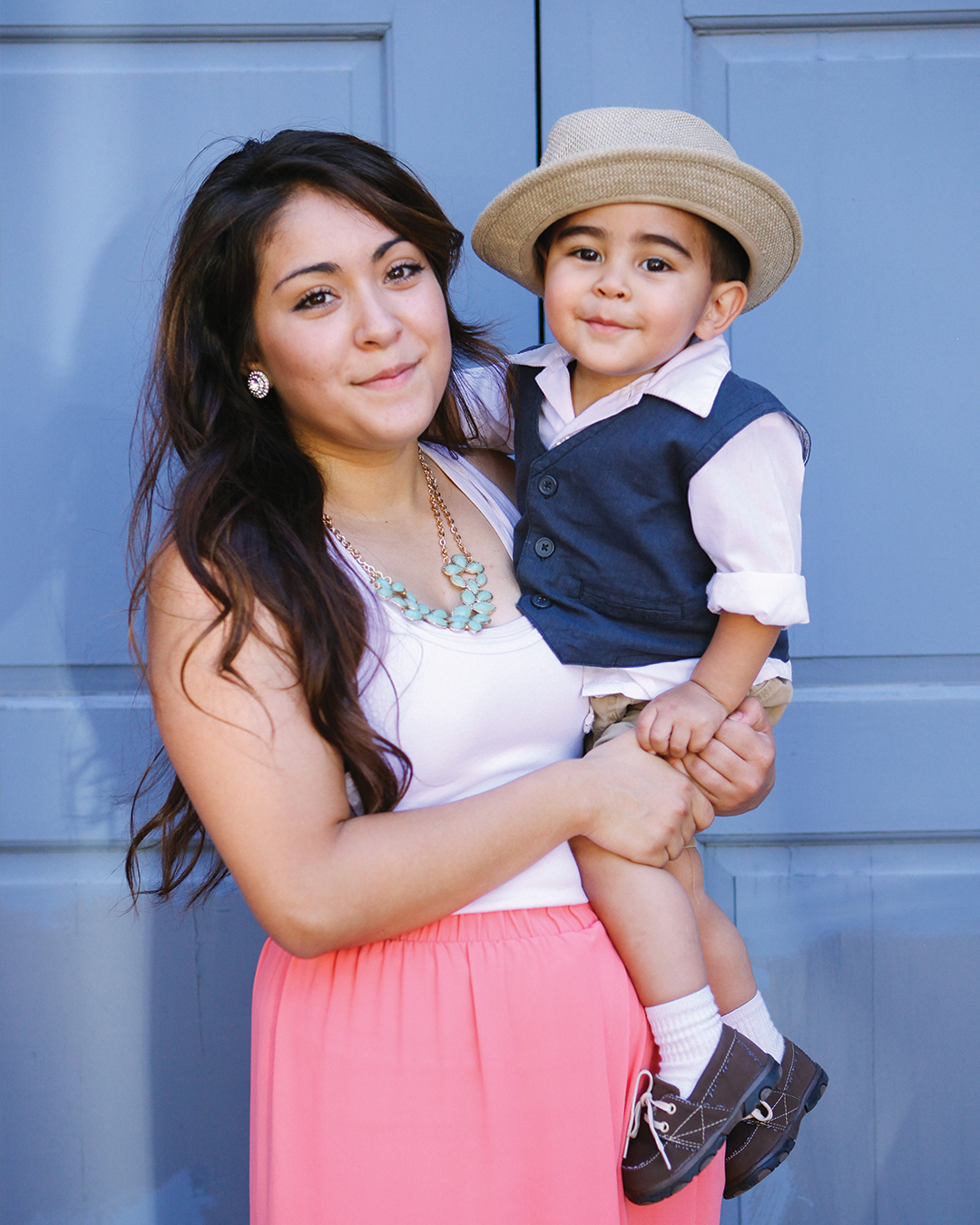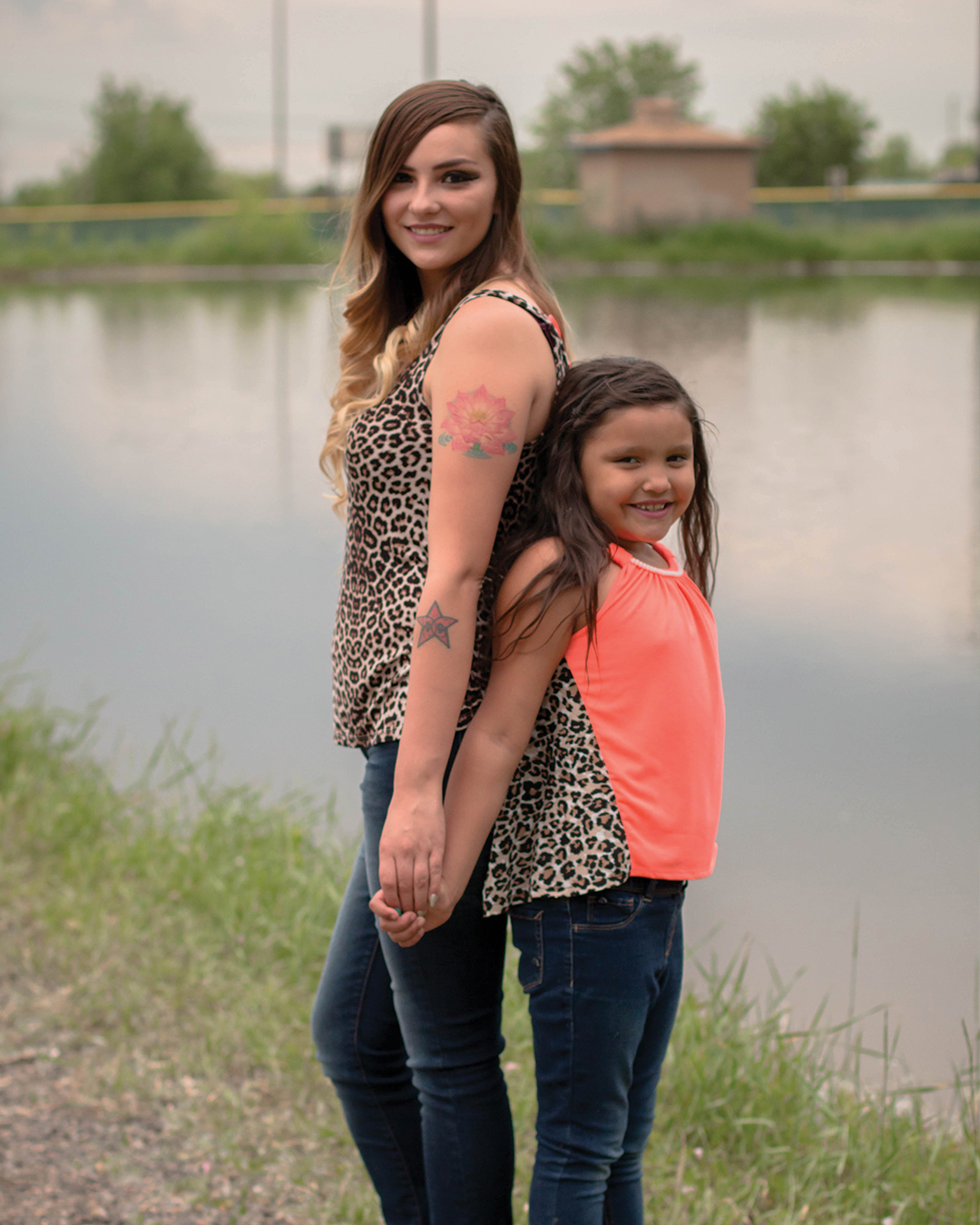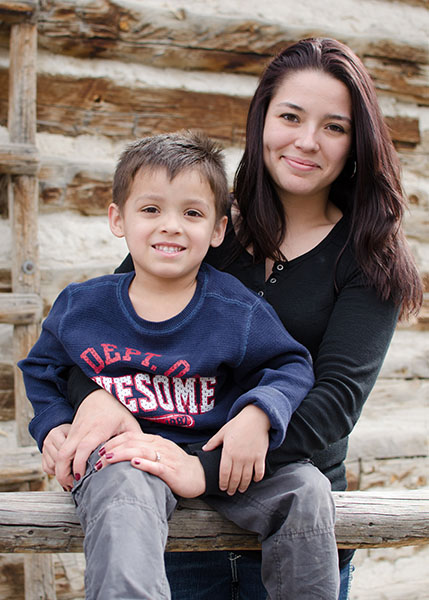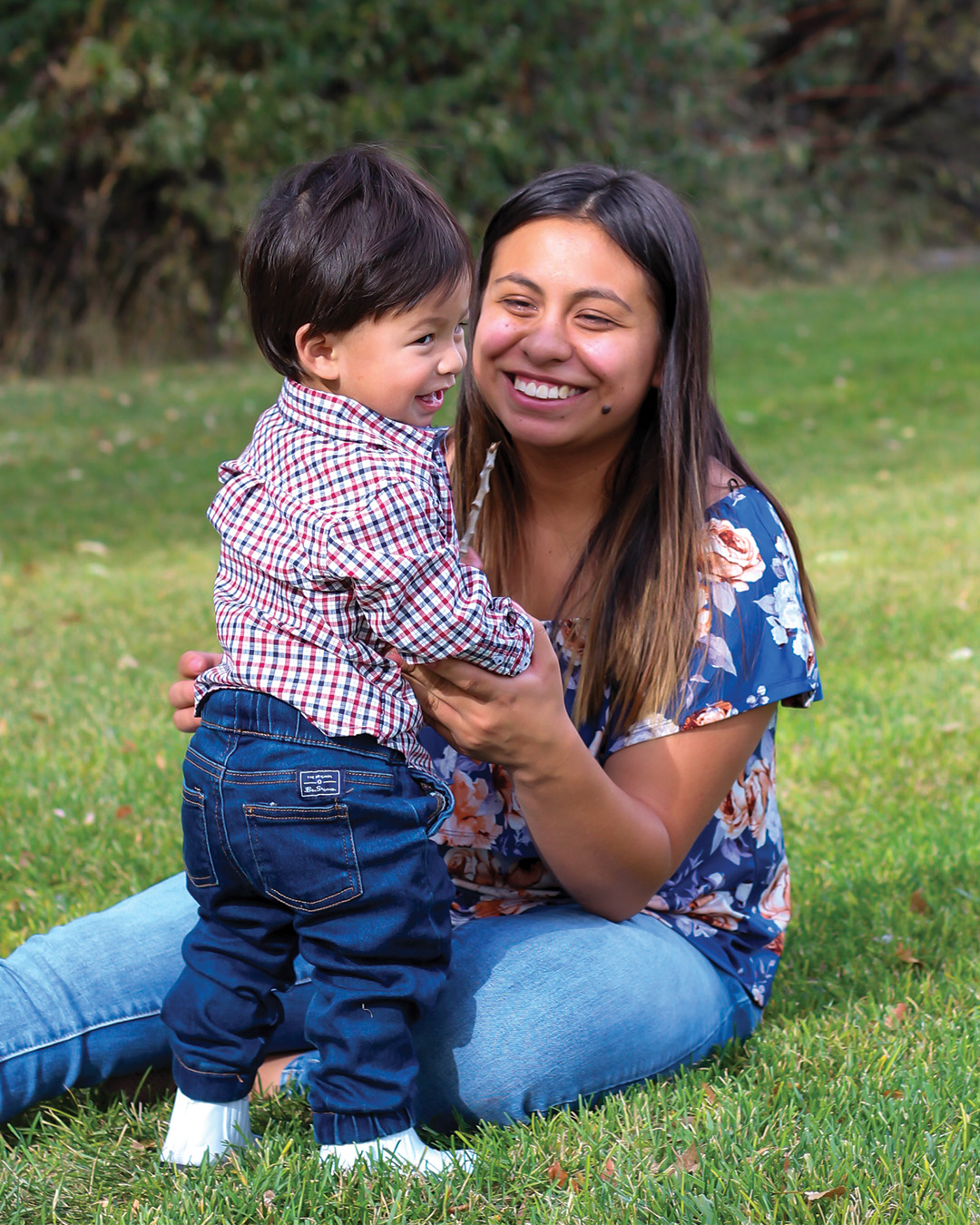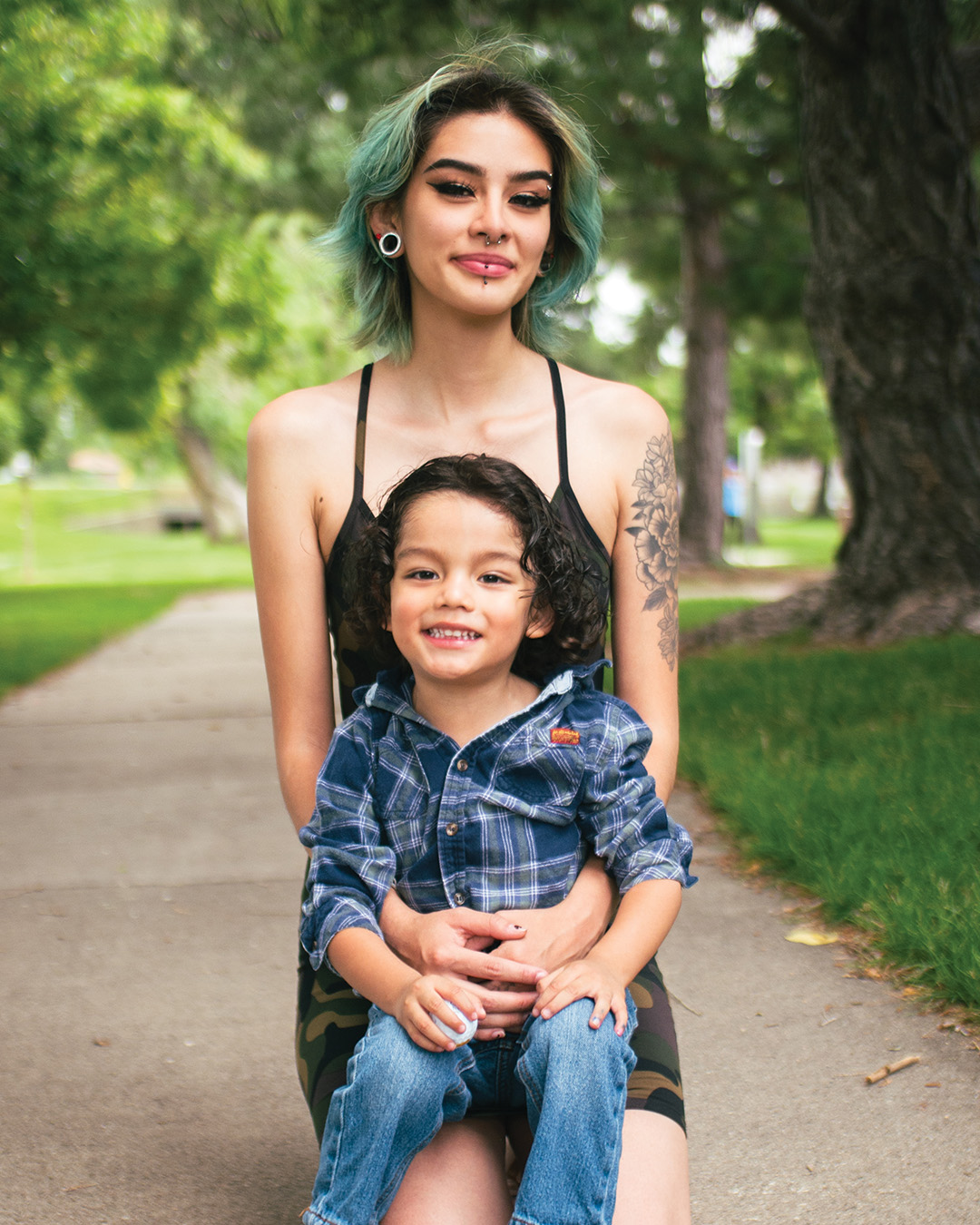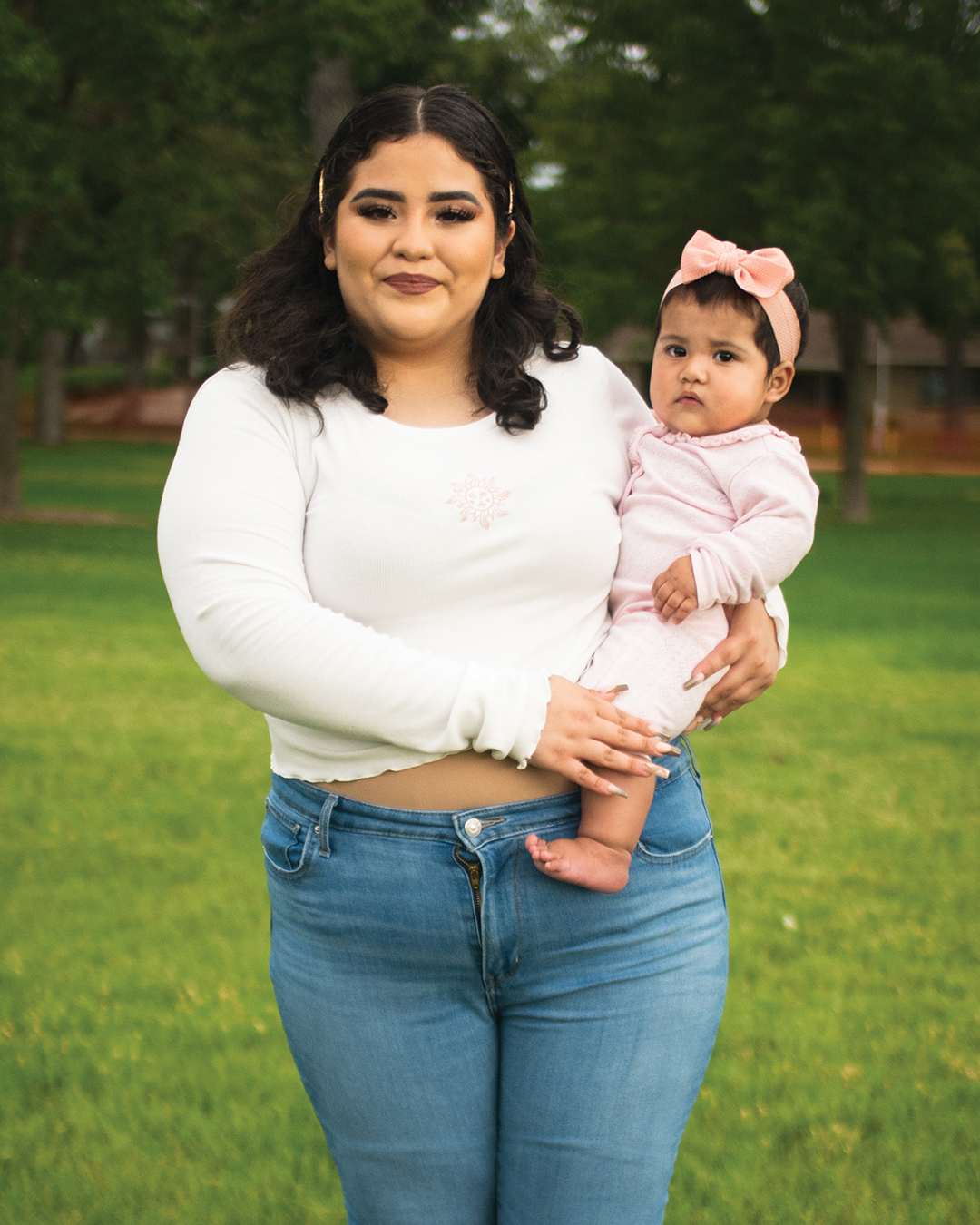By Elyse Thornburg, Lead Residential Counselor
“I’m kind-of like a house mom,” I explain to people curious about what my role as Residential Counselor at Hope House is like.
Residential Counselors staff Hope House’s Residential Program on evenings and weekends and have the joint task of keeping the house in order and intentionally building relationships with the residents. The Residential Counselor position is arguably the most relational position at Hope House: we’re the ones around for that late night heart-to-heart and the ones who get to see kids take their first steps.
Rewarding and complex are the best descriptors I’ve found for my work at Hope House as a Residential Counselor. Anyone who works in a helping profession can relate to the complexity of being relationally close to their clients while still maintaining authority and professional boundaries. Allow me to humbly share four lessons I’ve learned along the way.
1) Avoid the temptation to be Lorelei Gilmore. It may work on TV to be simultaneously the BFF and the authority figure in a young woman’s life, but this model gets messy and results in role confusion in real life. It’s totally natural to want to be accepted and liked by those you serve, but compromising professional boundaries for this to happen will be detrimental to the level of authority you have with your client. If, like me, the word authority makes you cringe, I would encourage you to spend some time reflecting on the difference between healthy and unhealthy authority. Those in helping professions have the unique opportunity to model healthy authority: I’ve found that our residents rarely have a framework for healthy authority, yet they are desperate to have adults in their lives who are both able to engage with them relationally on a deep level and provide the structure and order needed for them to move forward to achieve their goals.
2) Self-Care is a non-negotiable. Burn out and compassion fatigue are ever-present realities in the non-profit/social work arena. Caring deeply for others requires a long haul mentality: is my level of investment in this relationship sustainable long term? Am I advocating for myself as strongly as I am advocating for others? I’ve had to learn the hard way that I can’t just expect my life to magically provide everything I need to remain healthy and whole, able to consistently be giving of myself to others. Instead, I’ve had to take steps toward becoming more disciplined in self-care and ask for what I need from others. The myth about self-care is that it’s for weak, low-capacity people. However, the truth is that the most wise and effective helping professionals are those who prioritize a balanced and life-giving personal life. Am I speaking directly to you? If so, an easy exercise is to download this fillable self-care wheel and fill it in with a goal for each area. Then, share your goals with your supervisor, coworker or spouse in an effort to gain some support and accountability on your journey.
3) BOUNDARIES, BOUNDARIES, BOUNDARIES. Relational closeness and boundaries are not mutually exclusive: we must draw the lines, but be flexible and wise enough to break them. In an interview on boundaries, social worker and researcher Brene Brown clarifies that, “Boundaries are not division. They’re respect: Here’s what’s okay for me and here’s what’s not.” An example of a boundary I’ve set in place is my 20% rule. When it comes to talking about my personal life, I will share 20% of the stories/details with the residents. I’ve found that any more and I lose respect and any less and I can’t connect. This being said, if a resident comes to me one-on-one, asking for advice on a particular situation with which I’ve had significant personal experience in, I might find it appropriate to confide 50% for the sake of her growth and our ongoing relationship. What are your boundaries and what are the circumstances that would warrant an exception? I found Henry Cloud’s book, Boundaries, to be a helpful resource for me at the beginning of my career and use his framework often as I walk this fine line.
4) You are enough. One of my wise seminary professors once told me, “You are your ministry.” What he meant by this is that my character, God-given gifting, and gritty life-experience are far more important than my professional accomplishments, formal education, and practical skill set. Yes, education and training are important, but when it comes to being an efficient guide for young people, perfection isn’t the goal. This morning, on our commute to her daughter’s daycare, I asked one of our residents, “What qualities does a good RC possess?” Without hesitation she answered, “Someone supportive who can give good advice, is caring, and is good with kids.” Funny how she didn’t list perfect. Are your expectations for yourself through the roof? Do you operate primarily out of perfectionism? Are you stuck in an over-achieving pattern? Let me be the first to affirm: You are enough. Your client will be empowered to be her best self only when you model what that looks like by showing up, blemishes and all.
Let me leave you with this quote from Shauna Niequist’s book Present Over Perfect, “What I can do is offer myself wholeheartedly and present, to walk with the people I love through the fear and the mess. That’s all any of us can do. That’s what we’re here for.”
May you go forward, caring for others whilst simultaneously caring for yourself, finding the peace and strength in your boundaries to connect deeply with those you serve. I stand with you in solidarity.


